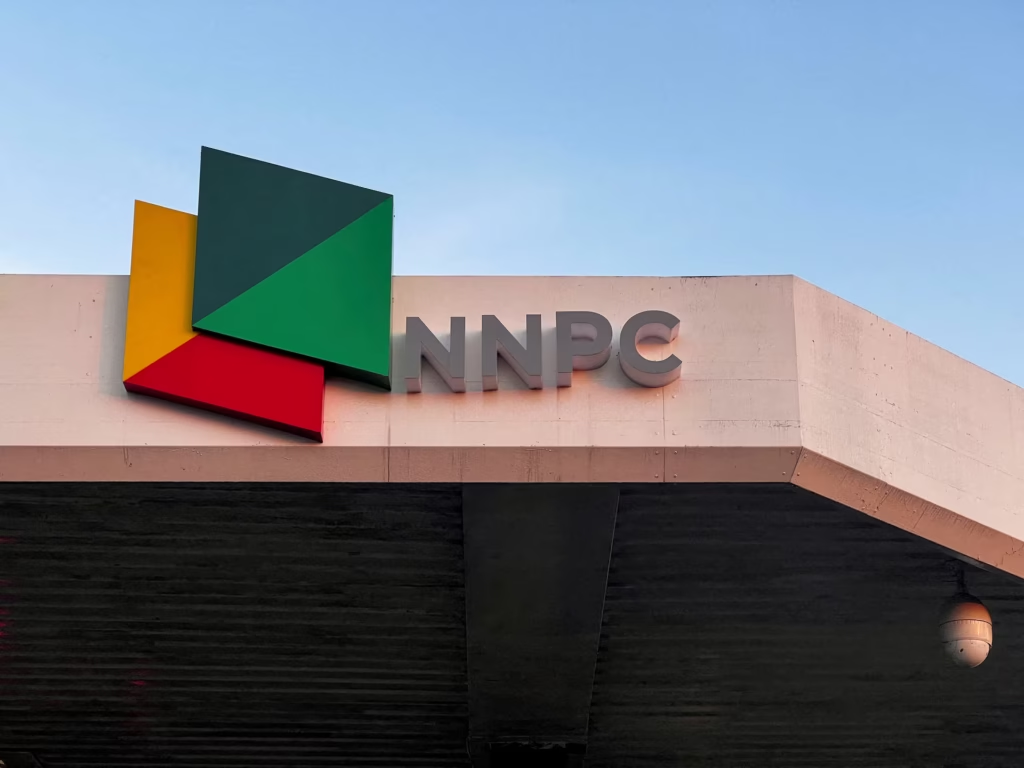
Kenyan President William Ruto on Thursday defended his initiative to reduce “unnecessary” public debt, despite facing widespread anger over the elimination of subsidies and the introduction of several new taxes.
His state of the nation address followed a day after Finance Minister Njuguna Ndung’u acknowledged that the country was grappling with a “difficult financial position.”
East Africa’s economic powerhouse is confronting an array of challenges, including drained government coffers, surging inflation, and a plummeting currency, which has led to soaring debt repayment costs.
As of the end of June, the nation, with a population of around 53 million people, had amassed over 10.1 trillion shillings ($66 billion) in debt, as per Treasury figures, approximately two-thirds of the gross domestic product.
“We must admit, that as a country we had been living large and way beyond our means,” Ruto said in his first state of the nation address to parliament since coming to power last year.
“Time has come therefore to retire the false comforts and illusionary benefits of wasteful expenditure,” he added.
After his election in August 2022, Ruto implemented a series of new taxes and increased levies, contradicting his campaign promises.
He also reduced food and fuel subsidies that were introduced by his predecessor and former boss, Uhuru Kenyatta, stating a preference for subsidizing production rather than consumption.
“A new direction may not be easy but it is ethical, responsible, prudent and most importantly necessary,” Ruto said.
“We have had to take hard decisions and make painful choices because we owe it to the people of Kenya to do the right thing and confront facts as they are without flinching or equivocating,” he added.
Despite these measures, overall inflation has persisted at a high rate, standing at an annual rate of 6.9 percent in October, with food and fuel prices continuing to rise.
The expense of servicing public debt, primarily to China, has surged as Kenya’s currency has plummeted to record lows of 151 shillings to the US dollar. Additionally, the government faces a $2 billion eurobond repayment due in June next year.
Ruto announced that Kenya will make the initial installment of the eurobond repayment, amounting to $300 million, next month. He acknowledged that public debt had become a cause for concern among citizens, markets, and international partners.
In July, the global credit ratings agency Fitch Ratings downgraded Kenya’s capacity to repay international lenders from “stable” to “negative,” attributing the change to tax hikes and social unrest.




